|
Right now, I am watching the display of color that nature is painting as spring erupts. Pale pink, white and rosy flowers of the flowering trees touch the skyline. Bright yellow flowers of the forsythia and daffodils dress the green grass. The air smells sweet and one can almost hear the plants singing to the glory of God as they show forth their beauty. Even the birds sense the season and awaken us with singing in the morning. The writer of Song of Solomon says it well. The "lover" is so excited about what is being birthed that he must share it with his beloved. "Arise, my darling, my beautiful one, and come with me. See! The winter is past; the rains are over and gone. Flowers appear on the earth; the season of singing has come, the cooing of the doves is heard in our land. The fig tree forms its early fruit; the blossoming vines spread their fragrance..." (Song of Solomon 2:10-13)
As I look at God's spring display of beauty, I remember that His cycle of life has rest built into it through the season of winter. The quiet of winter allows the plants to rest so that they will be able to produce an abundance of flowers and eventually fruit. The quality of the flowers and fruit is directly related to the quality of the rest. Here we have a principle for our own lives. God wants us to establish patterns of rest in our lives. Rest will give us strength and peace and will make us fruitful so that we can live our lives in the fullness of everything He has for us. At creation, God established the cycle of life with rest built into it. "By the seventh day God had finished the work He had been doing; so on the seventh day He rested from all His work, and God blessed the seventh day and made it holy, because on it He rested from all the work of creating what He had done." (Genesis 2:2-3) Not only did God rest, but He declared that all of creation should rest also. He established cycles of rest: every 7 days, several times during the 7th month, and every 7 years. Even the land had to rest. Here is what God said to Moses: "When you enter the land I am going to give you, the land itself must observe a sabbath to the Lord. For six years sow your fields, and for six years prune your vineyards and gather their crops. But in the 7th year the land is to have a sabbath of rest, a sabbath to the Lord. Do not sow your fields or prune your vineyards. Do not reap what grows of it or harvest the grapes of your untended vines. The land is to have a year of rest." (Leviticus 25:2-5) We can see the seriousness of God's intention for rest through what happened to the Israelites. They did not follow the command of God to let the land rest every seven years. In fact, they disobeyed this command for 490 years—70 land rests. As a result, they were taken to Babylon for 70 years. "This whole country will become a desolate wasteland, and these nations will serve the king of Babylon 70 years." (Jeremiah 25:11) As the Israelites were in captivity the land rested for 70 years. "The land enjoyed its sabbath rests; all the time of its desolation it rested, until the 70 years were completed in fulfillment of the word of the Lord spoken by Jeremiah." (2 Chronicles 36:21) God designed us to have rest; we cannot prosper without it. We must follow God's example of rest in creation. We must enter His ordained cycle of life which includes rest. Teacher and prophet, Graham Cooke, says we must choose to partner with rest. He also says this: "God will always bless your rest. Practice rest and you will feel the presence of God more strongly." Moses recognized how difficult it would be to lead the children of Israel to the Promised Land and asked God to teach him His ways. "The Lord replied, 'My Presence will go with you, and I will give you rest.'" (Exodus 33:14) Let us follow the example of Moses and ask God's help in teaching us how to rest. Some other thoughts I have on resting include the need for us to be intentional about setting aside time to wait on the Lord. (Isaiah 40:31) We must worship Him and meditate on His Word. (Psalm 119:15) We must allow the Lord to guide us in what to pick up and what to lay down. (Matthew 11:29) As we remember His faithfulness, rest will come naturally. (Psalm 116:6) I like the way The Message conveys this Psalm. "...I said to myself, 'Relax and rest. God has showered you with His blessings.'" As we rest, the Lord will bless us, and we will become more aware of His Presence.
We have moved from Nisan, the first month on the Jewish calendar, to Iyar, the second month. God determined that Nisan would be a time of new beginnings and a time of remembrance through the feast of Passover. It is a month of redemption through the blood of Christ and miracles through the resurrection of Christ. Iyar is known as a month of transition and preparation. It was during this time frame that the tribes of Israel would have been making their way across the desert from Egypt to Mt. Sinai where Torah was given. They were being prepared for an increasing level of relationship with God. He was teaching them about His nature as they traveled. Three of God's names were revealed along the way: Yahweh Rapha--as He healed the bitter waters, Yahweh Jaira--as He provided quail and manna to eat, and Yahweh Nissi--as He gave victory over the attacking Amalekites through the raising of hands as a banner of praise. Throughout the Old Testament we read how God uses wilderness seasons to reveal Himself to us. He is intentional about bringing us into the desert so that we become more intimate with Him. "I am now going to allure her; I will lead her into the desert and speak tenderly to her. There I will give her back her vineyards..." (Hosea 2:14-15a) For the children of Israel, God's desire was to wash them of the slavery mindset and bring them into a realization of their position as sons and daughters of the Most High God. "Forget the former things; do not dwell on the past. See, I am doing a new thing! Now it springs up; do you not perceive it? I am making a way in the desert and streams in the wasteland." (Isaiah 43:18-19) This is a time when we should be transitioning from one level of relationship with the Lord to another by seeking to know Him more. The tribe associated with the second month is Issachar. When he was born, his mother Leah declared, "God has rewarded me for giving my maidservant to my husband." (Genesis 30:18) Thus his name means "reward." The tribe of Issachar played an important role as the tribes traveled. They marched second in line after Judah because they "understood the times and knew what Israel should do." (1 Chronicles 12:32) They were the tribe that linked Judah (praise) to Zebulon (dwelling/habitation), the third tribe. Here is a key to receiving blessing from God: Our praise of God is connected to the place where we will dwell or how we live. Understanding this and walking it out will transition and transform our lives. We must set our sights on the goal: greater intimacy with the Lord. We are in a season where God is pleased to give us revelation and bring us into deeper intimacy with Him. We are moving toward the day of Pentecost (Shavuot) where the Spirit of the Living God was poured out upon God's people. The Lord wants to prepare each of us to receive the fullness of His Spirit in order that we will experience our own personal Pentecost--a fresh encounter with Holy Spirit. Let us set our hearts on seeking the Lord. As we do this, blessings will be poured upon us. My heart was stirred over the weekend as I spent time at the Voice of the Prophets with over 1,000 people who are hungry for revival. This Global Awakening event brought us several speakers, including Shawn Smith, a traveling evangelist, equipper and revivalist. He confirmed what I believe is the heart of God to bring another Great Awakening to our churches and our nation. He opened the subject of uncapping the wells of revival through Genesis 26. This is the story of Abraham digging wells in a place called Gerar. Wells are dug to supply life-giving water, to place a claim on the land, and to bless the next generation. After Abraham's death, his son Isaac came to the land of his inheritance to find that the wells had been blocked. He went about unblocking them to re-establish the flow of water. My excitement grew at Shawn's word because the wells of revival have already been dug at my own church. We believe that our inheritance is one of revival for several reasons: Renown revivalists from the Great Awakenings traveled to our area and dug wells of revival. It was revivalist John Wesley who established the Methodist Church. Our Methodist Church (The Crossing) tasted revival in 1994 when the Spirit of God fell in power. Our prayer is, "Do it again Lord. We want to see the flow of Your Spirit unleashed again." Shawn taught us about how to break open the wells of revival:
"By the 7th day God had finished the work He had been doing, so on the 7th day He rested from all His work, and God blessed the 7th day and made it holy, because on it He rested from all of the work of creating that He had done." (Genesis 2:2-3) From the very beginning, God intentionally determined that there would be times for humankind to rest--weekly, monthly and yearly. He would call on His people to honor Him by remembering what He had done; they were to cease from their labors and meet with Him.
In the yearly cycle, there are three feasts of the Lord or "appointed times" (moadim in Hebrew) where God asked His people to go to the Temple. The celebrations of these appointed times are to be remembrances but also rehearsals or preparations for what is to come. Here are some things that God desires for us to do in the celebrating of the feasts: We are to draw near to God so that He draws near to us. We are to rest from our normal routine. We are to commemorate God's faithfulness. We are to look for God's plan of redemption in the feasts since it is there for us to see. We are to use the feast celebrations as a tool to teach the next generation about the Lord. We are to receive God's blessing as we draw close to Him for it is His intent to bless us. The book Spring Feasts and Purim, published by JVMI, says that we can "see the intricate picture of God's redemptive plan embedded into each of His "appointed times...While the Spring Feasts are connected to the first coming of the Messiah, His atoning sacrifice, His resurrection, and the outpouring of His Spirit almost 2,000 years ago in Jerusalem, the Fall Feasts are connected to His second coming. They are rehearsals of events yet to take place and will be fulfilled when He returns." The book of Leviticus has called the celebration of God's feasts "a lasting ordinance for generations to come." Yet, many in the Gentile Church see the celebration of the feasts as part of the Old Covenant and not for them. The Spring Feasts and Purim book addresses this issue: "While Gentile Believers are under no obligation to observe them, doing so can open up a whole new understanding of the continuity of the Scriptures and just how central the person of Jesus is to each of these feasts. After all, if Yeshua observed them, why shouldn't we as His followers?...Without an understanding of the Jewish context of the Bible, Gentile Believers often miss this exciting redemptive thread running consistently through the Old Covenant and pointing clearly to Yeshua...So, while not obliged to celebrate the Biblical Feasts, Gentile Believers have much to gain in their relationship with God by doing so." We are in the month of Nisan, the first one in the Biblical year. Passover, Unleavened Bread and Firstfruits have taken place. We still look forward to Shavuot/Pentecost and the Fall Feasts. I can tell you that God has blessed me abundantly as I have rested from my routine and researched His feasts, set aside time to read His Word and be with Him during His set-aside times. God made provision for Gentiles to participate in Passover. (Exodus 12:48) He requires participants to be circumcised. Have Believers not had their hearts circumcised? "The Lord your God will circumcise your hearts and the hearts of your descendants, so that you may love Him with all your heart and with all your soul, and live." (Deuteronomy 30:6) May I suggest that we set aside time to rest and meet with the Lord during His appointed times? I believe that your faith will increase, and the blessings of God will flow abundantly. "After that, He poured water into a basin and began to wash His disciples' feet, drying them with the towel that was wrapped around Him...When He had finished washing their feet, He put on His clothes and returned to His place. 'Do you understand what I have done for you?' He asked them...'Now that I, your Lord and Teacher, have washed your feet, you also should wash one another's feet...I tell you the truth, no servant is greater than his master, nor is a messenger greater than the one who sent him. Now that you know these things, you will be blessed if you do them.'" (John 13:5, 12-17)
It was not normal for a Teacher to humble himself before his disciples. But Jesus was not your "everyday" teacher. He came from the Kingdom of God Almighty--an upside-down kingdom in the eyes of the world. The religious leaders of His day despised and rejected Jesus. (Isaiah 53:3) What He was about to do would be the greatest act of humility and sacrifice ever done. He knelt before His Father and allowed humankind to pierce and crush Him so that Father God's plan to save those who persecuted Him could move forward. Isaiah says, "Yet it was the LORD'S will to crush Him and cause Him to suffer, and though the LORD makes His life a guilt offering, He will see His offspring and prolong His days, and the will of the LORD will prosper in His hand." (Isaiah 53:10) Jesus took the punishment that we deserved for our sins upon His own body. The LORD'S plan was meant to bless us. The Hebrew word for bless is barach. It is God's nature and desire to bless us. There are no lengths that He will not go to bless us, including humbling Himself before all of humankind to bring us into His Kingdom. Jonathan Cahn, in his Book of Mysteries, calls Him "The Kneeling God." He says, "And to give us the greatest blessing would require the greatest lowering...the greatest descending. So, He descended to this world and humbled Himself in the form of man. And to kneel is also to submit, and so He submitted Himself to man's mockery, abuse and condemnation. He submitted Himself to judgment, to crucifixion, and to death--the ultimate lowering...the cosmic kneeling...the kneeling of the Almighty. And yet, in that ultimate kneeling comes the ultimate barach, the blessing, salvation. To bless is to kneel. And He who kneels is He who blesses. And by His kneeling...we are blessed." Jesus had to kneel to wash the feet of His disciples. He demonstrated a lifestyle of humility as He walked the earth. God's desire to bless us ultimately led to the Cross--the highest example of kneeling, of submitting. Philippians 2:6-11 tells the story: "Who, being in very nature God, did not consider equality with God something to be grasped, but made Himself nothing, taking the very nature of a servant, being made in human likeness. And being found in appearance as a man, He humbled Himself and became obedient to death--even death on a cross! Therefore God exalted Him to the highest place and gave Him the name that is above every name, that at the name of Jesus every knee should bow, in heaven and on earth and under the earth, and every tongue confess that Jesus Christ is Lord, to the glory of God the Father." Today we celebrate the victory of the Cross--the Risen Christ! What that means for us as Believers is that we have been given the victory over sin and sickness and disease and death. Yet, let us remember that the path to victory begins by kneeling, an act of humility. Let us submit ourselves to the Lord. "Come, let us bow down in worship, let us kneel before the Lord our Maker; for He is our God and we are the people of His pasture, the flock under His care..." (Psalm 95:6-7) |
Joan E. MathiasCategories
All
Archives
July 2024
|
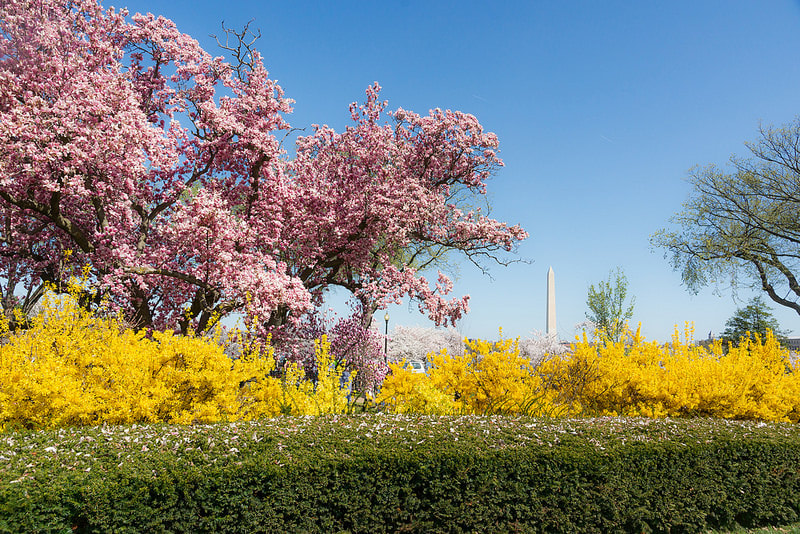
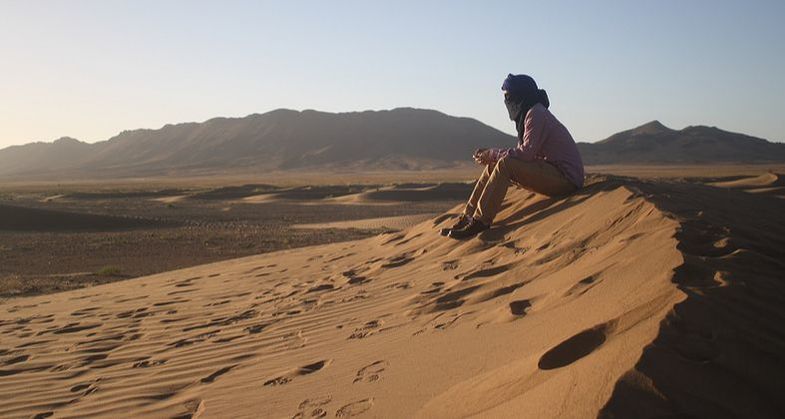
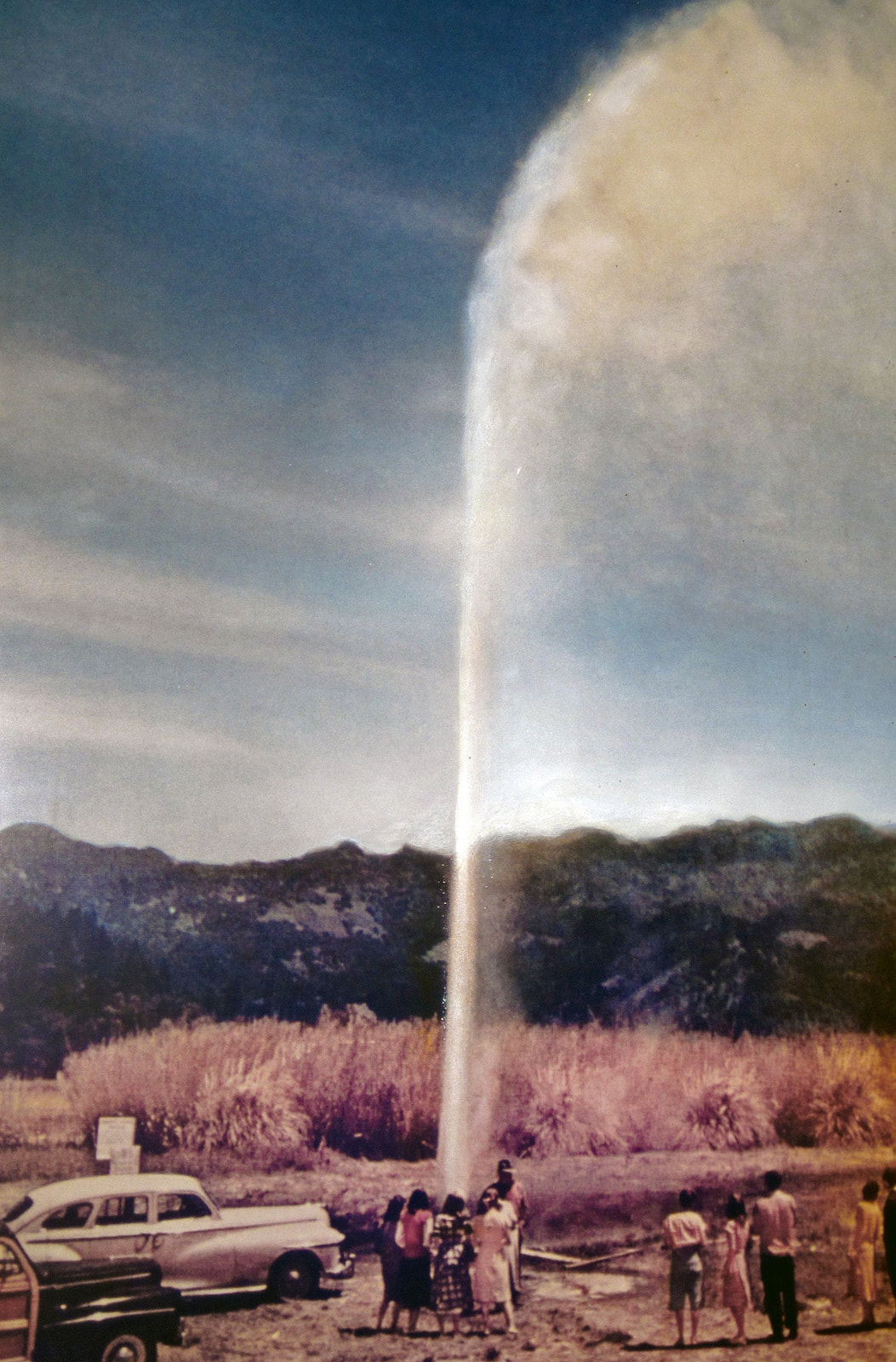
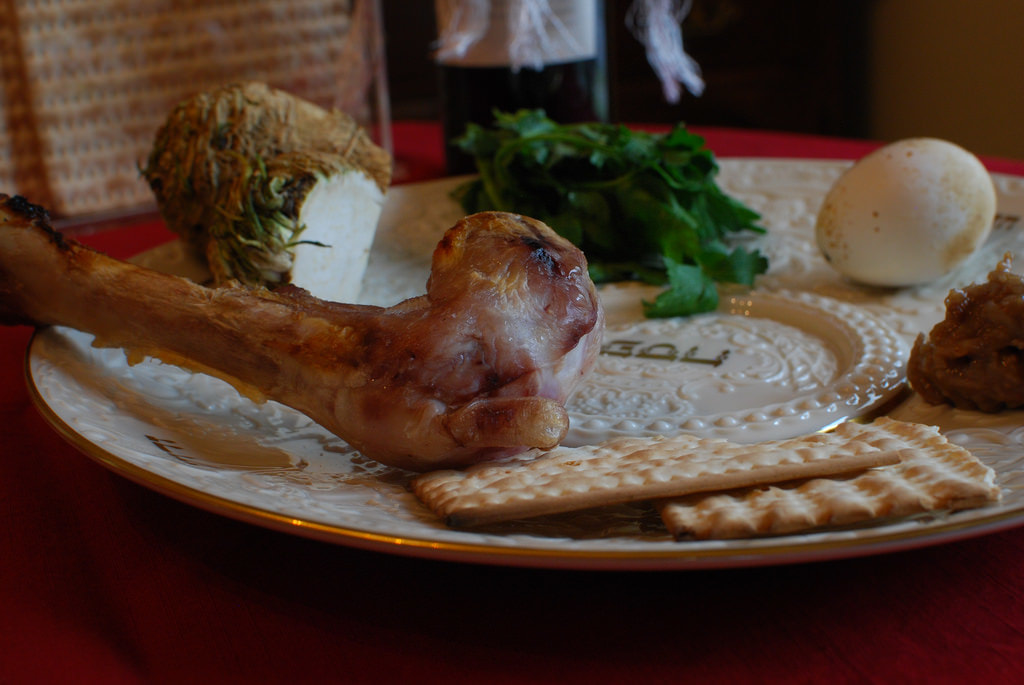
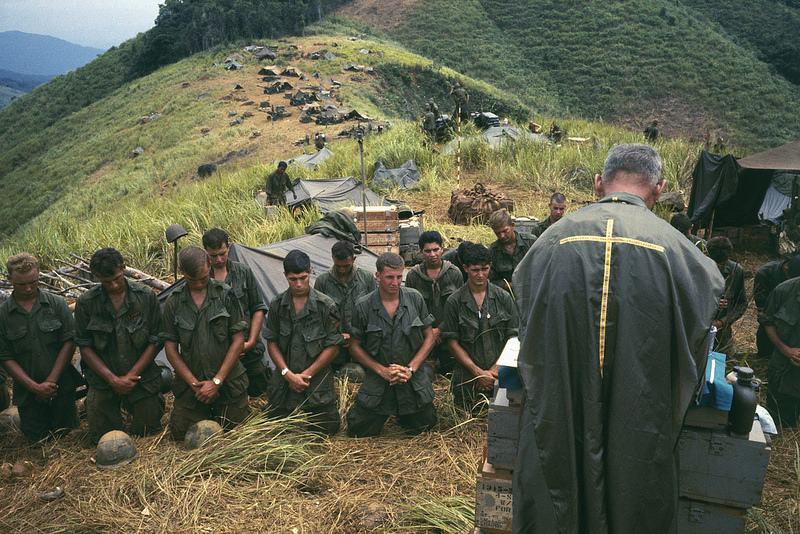
 RSS Feed
RSS Feed